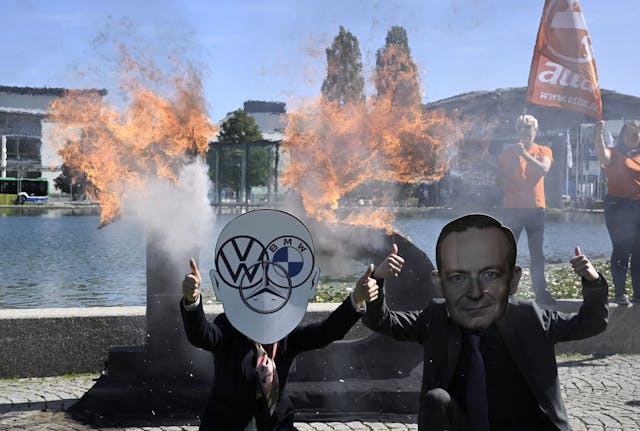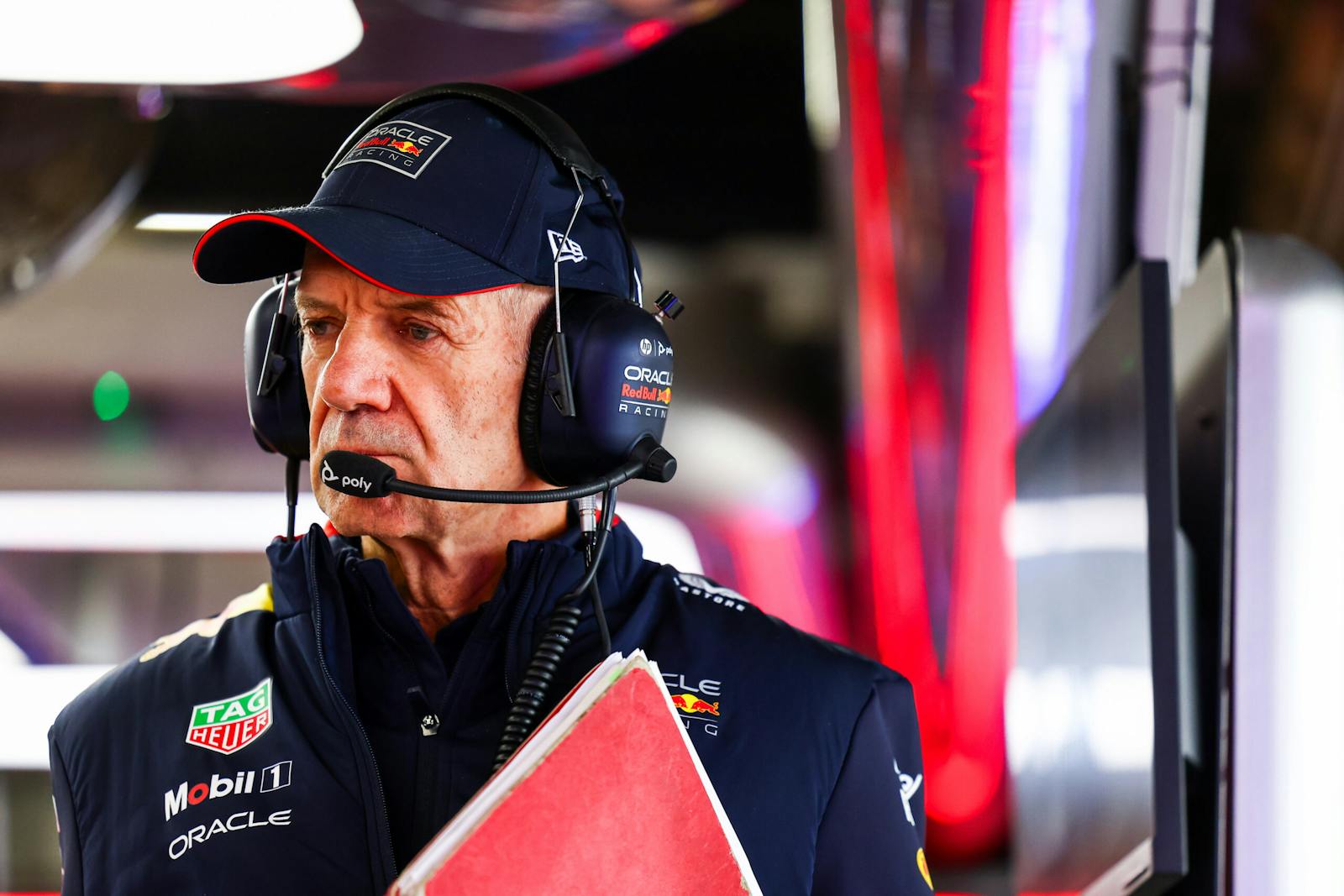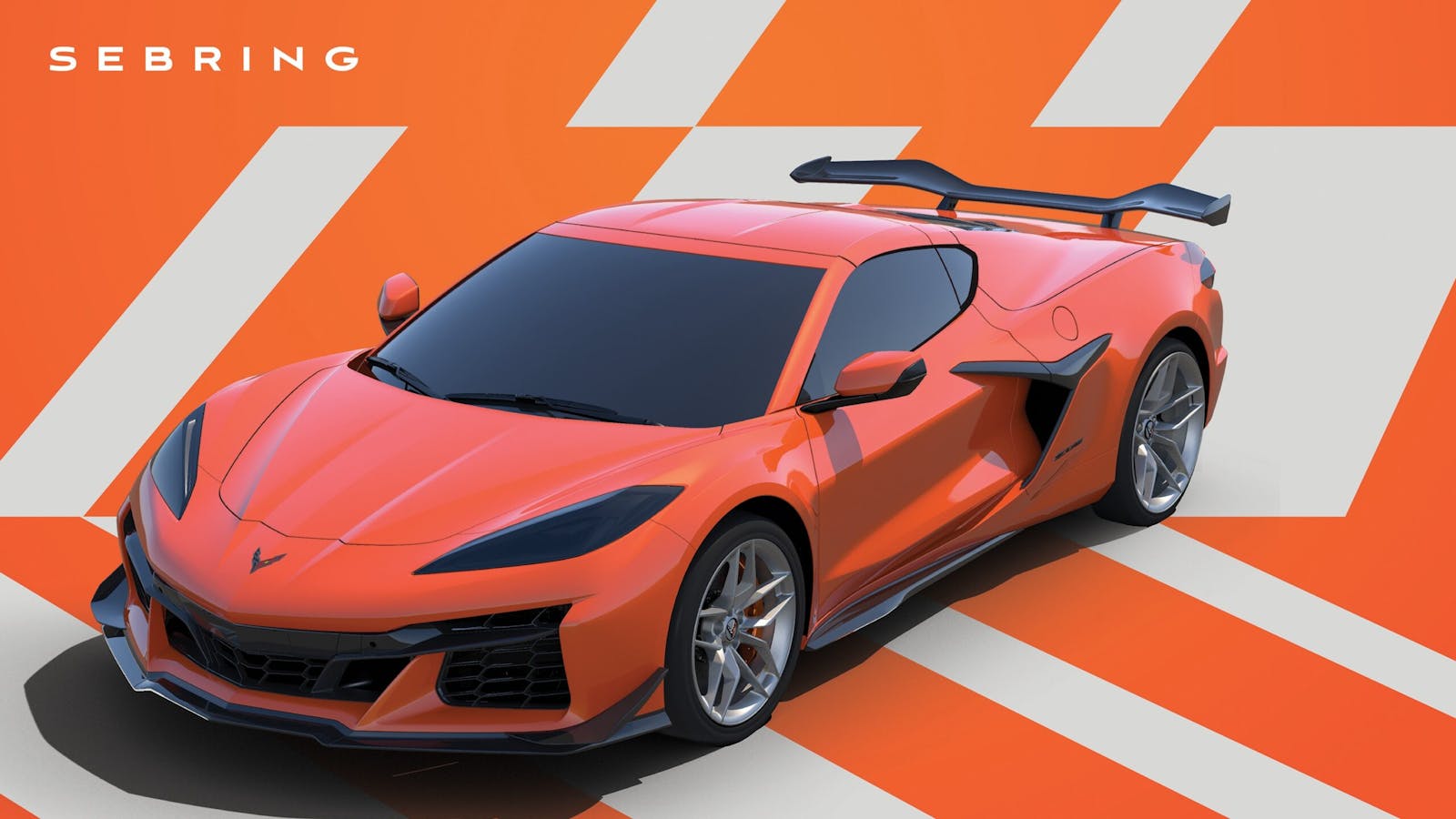Politico: German effort to unite EU to back e-fuels falls flat
Germany’s plan to announce a multi-country initiative that would back e-fuels, thus allowing some internal combustion cars to stay on the road in the shadow of the Europe Union’s ongoing electric mandates, fell so flat that Germany didn’t even present its case as it had planned at the Munich auto show, according to an article by Politico.
“Efforts by Transport Minister Volker Wissing to persuade countries to sign up to a statement meant to be announced at the show backing synthetic e-fuels as an option for cutting greenhouse gas emissions from passenger cars was scrapped because of disagreements on the proposed text,” the story said.

“A draft of the declaration obtained in advance of the show by Politico asked signatories to pledge to invest in new e-fuel plants; to share know-how, and to defend ‘technological neutrality’ in the development of clean vehicle technology—shorthand for refusing to purely rely on batteries to decarbonize road transport.”
But in the end, “only three countries backed Wissing—the Czech Republic and Japan, both big carmakers, along with Morocco, which is hopeful of commercializing its vast potential to use solar and wind power to generate green hydrogen. That prompted Berlin to drop the effort, according to two industry officials with knowledge of the declaration.” It may be surprising that Italy didn’t sign, after Ferrari said it backs e-fuels.

Wissing did tout the benefits of e-fuels, which are made with captured carbon dioxide plus hydrogen obtained from clean electricity and can be used in traditional combustion engines. “A successful market ramp-up of e-fuels requires comprehensive political support–worldwide,” Wissing said following a press conference with his Czech counterpart Martin Kupka.
“Berlin has pushed hard for EU rules banning the sale of new polluting cars and vans from 2035 to include a loophole for e-fuels. Together with Italy, Germany led a last-ditch effort earlier this year to include language allowing the synthetic fuels.” The effort is “seen as a way of preserving at least parts of Germany’s world-leading internal combustion engine industry.”

The e-fuel exemption is still a work in progress, Politico says. “The [European] Commission plans to consult member states in the coming weeks in view of a vote … later this year,” said Tim McPhie, a spokesperson for the Commission which, together with the European Council, forms the executive branch of the European Union. “After that, the act will be subject to scrutiny by the European Parliament and the Council.”
That doesn’t mean that at least one German company, Porsche, isn’t pushing for e-fuels on its own. The company, which has said it hopes to build ICE cars for as long as possible, has invested $75 million in a company in Chile that will build a plant to make e-fuel.
***
Check out the Hagerty Media homepage so you don’t miss a single story, or better yet, bookmark it. To get our best stories delivered right to your inbox, subscribe to our newsletters.


